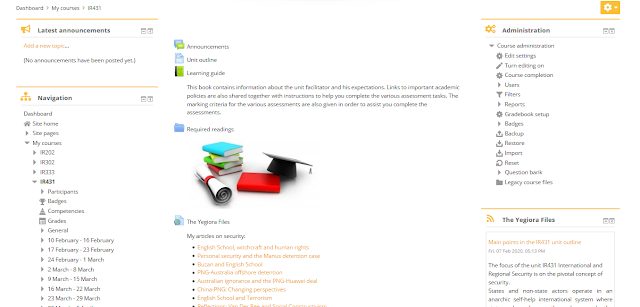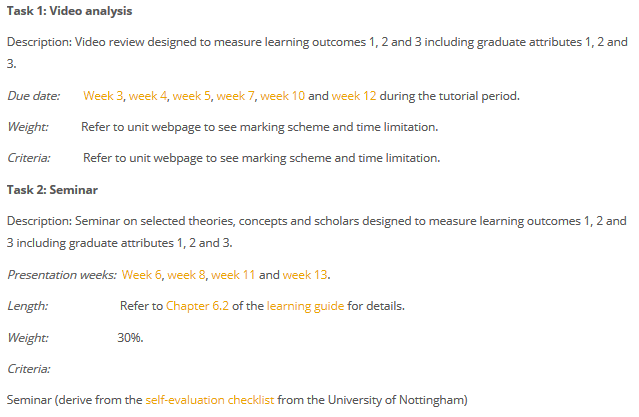Main points in the IR302 unit outline

International law as an academic subject is broad and technical. Many start by talking about the origins of international law. Then they look at the nature and scope of international law. Most importantly, they cover the subjects and sources of international law. International law is a key concept in the liberal school of thought in international relations which is a sub field of political science. The unit IR302 International Law in International Relations begins with discussing key terminologies and texts; then we look at how international law relates to international relations; and finally we explore how it governs the behaviour of actors like states, non-state actors and individuals according to liberal scholars. At the end of the semester, it is expected that you will be able to: Identify the key factors that define the relationship between international law and international relations. Analyze cases involving subjects like states, non-state actors and individuals usin


